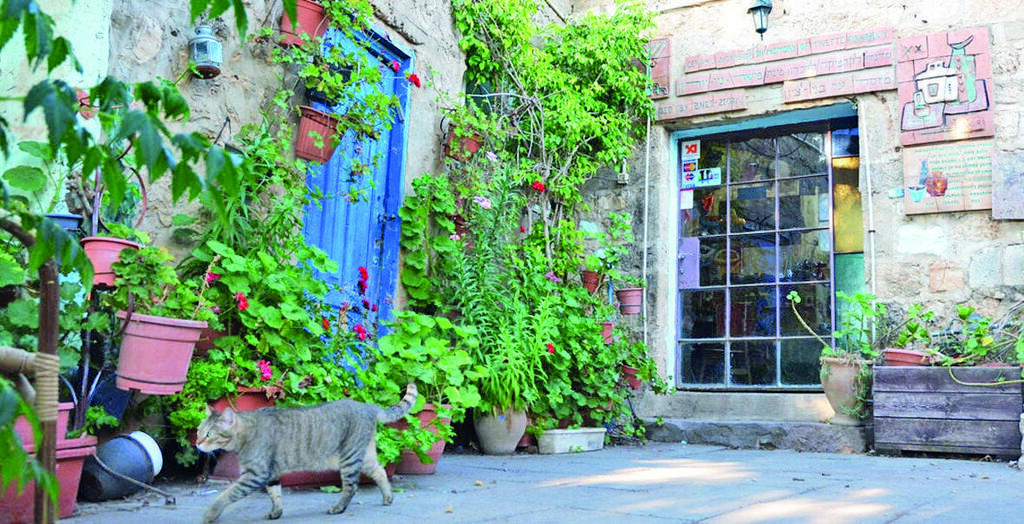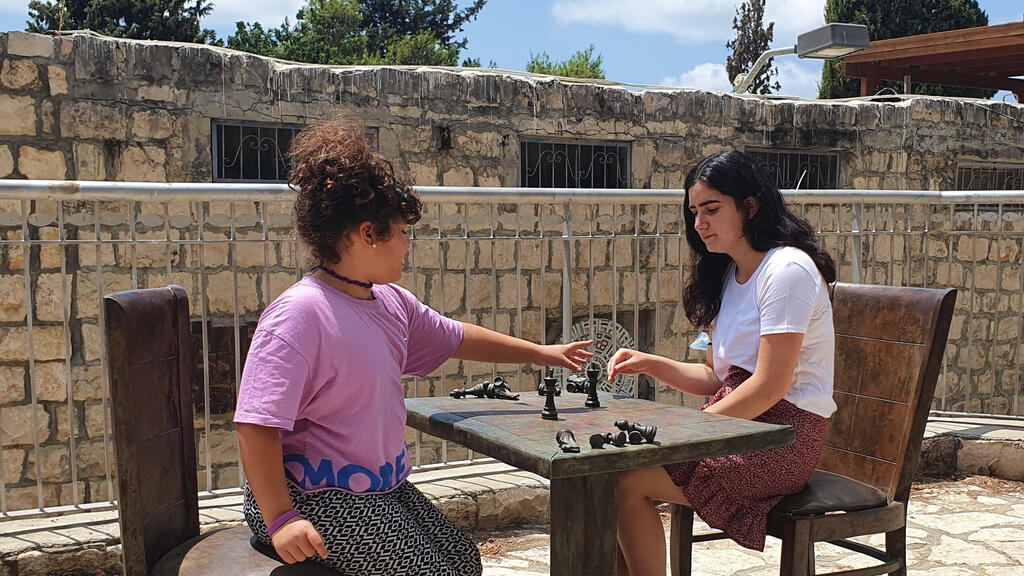Getting your Trinity Audio player ready...
It takes a village to grow an idea – the artist village of Ein Hod in northern Israel is a rare example of how one man’s vision became a reality in the region.
Originally, Ein Hod was an Arab village situated on the slopes of Mount Carmel, overlooking the Mediterranean coastline, until the 1948 Arab-Israeli War, explained tour guide Shuli Linder Yarkoni.
“Afterward, here comes Marcel Janco, who had a dream of an artist colony in Israel – a situation where there are arts and crafts for new Israeli art,” he told.
Born in Romania to a Jewish family, Janco got involved in the art scene when he joined Cabaret Voltaire in 1916, a project that combined art and protests against World War I. He was also considered one of the founders of Dada – an influential modern art movement of the European avant-garde in the early 20th century.
“For example, they took a hat and put pieces of paper with words in it, shake that hat, take out the pieces, put them together, and there you have a new song,” said Hila Eyal Yasur, the director of the educational department at the Dada Museum in Haifa, northern Israel.
“These types of absurd songs are different types of dancing, a process of a group of people trying to tell others that they couldn't go on like this,” she said.
In 1941, Janco moved to what is now Israel and joined the local art scene. In Ein Hod, he continued the Dada philosophy, which seeks the unusual and different, and sees everything as an art form.
His studio, adjacent to the Dada Museum, offers a rare opportunity to experience his workspace, which in recent years, has been renovated and restored by the Council of Conservation of Heritage Sites in Israel. Janco died in 1984, but he still had the privilege of experiencing the opening of the museum.
Today, Ein Hod is a tourist attraction and a lavish spot that offers a getaway from crowded cities. But one can still see and hear the echo of Janco in the narrow streets of the picturesque village.



